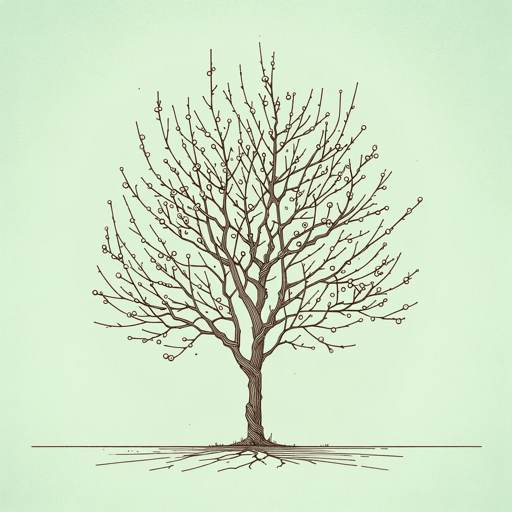46 pages • 1 hour read
Anton ChekhovThe Cherry Orchard
Fiction | Play | Adult | Published in 1904A modern alternative to SparkNotes and CliffsNotes, SuperSummary offers high-quality Study Guides with detailed chapter summaries and analysis of major themes, characters, and more.
Important Quotes
“LOPAKHIN. My father was a peasant, it’s true, but here I am in a white waistcoat and yellow shoes…a pearl out of an oyster. I’m rich now, with lots of money, but just think about it and examine me, and you’ll find I’m still a peasant down to the marrow of my bones.”
(Act I, Pages 2-3)
This passage introduces Lopakhin and the changing social landscape in which the play takes place. He becomes a rich man when his father was just a peasant, a generational change that was previously unthinkable. Lopakhin uses the metaphor of the “pearl out of an oyster” to show his own spectacular emergence from his unremarkable background. However, Lopakhin believes that deep inside, he is still a peasant, which shows that he himself hasn’t fully made peace with all these changes and feels torn between his past and his present.
“LOPAKHIN. You’re too sensitive, Dunyasha. You dress just like a lady, and you do your hair like one too. You oughtn’t. You should know your place.”
(Act I, Page 4)
Here, Lopakhin scolds Dunyasha for dressing and behaving like a lady instead of a servant. For centuries, social roles and rules were fixed, and it would have been unthinkable for servants to dress like ladies, as Dunyasha does. However, the emancipation of the serfs introduced greater social mobility into Russian society. Sometimes, this creates confusion as identity becomes more complex and less tied to people’s positions in society.
“LUBOV. My dear nursery, oh, you beautiful room…I used to sleep here when I was a baby. [Weeps] And here I am like a little girl again.”
(Act I, Pages 6-7)
The nursery is an important symbol of Lubov’s attachment to the past. After more than 50 years, it remains completely unchanged, while the outside world has changed a great deal. Lubov’s inability to accept these changes and face the tragedies she has experienced manifests in childlike innocence and naivete.
Related Titles
By Anton Chekhov
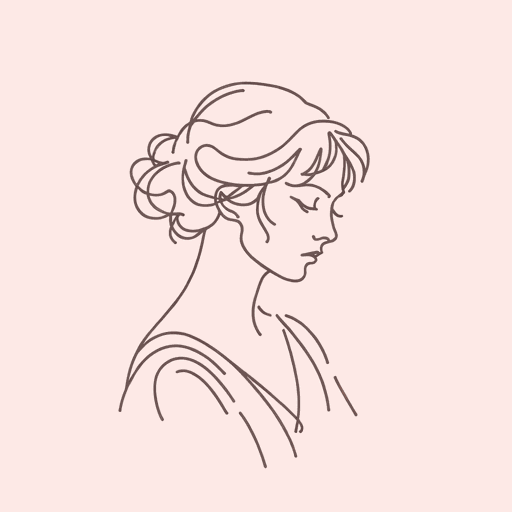
At Home
Anton Chekhov
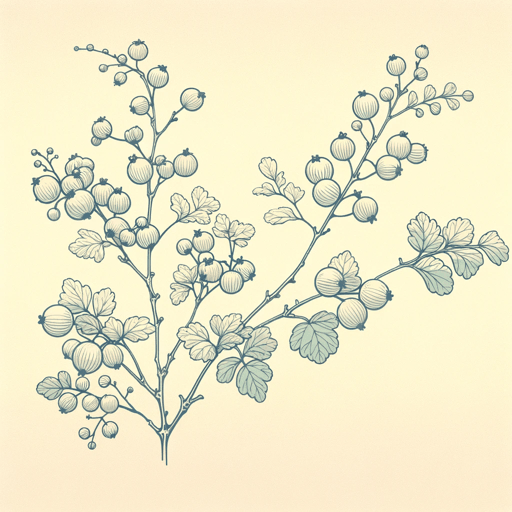
Gooseberries
Anton Chekhov

The Bet
Anton Chekhov

The Darling
Anton Chekhov
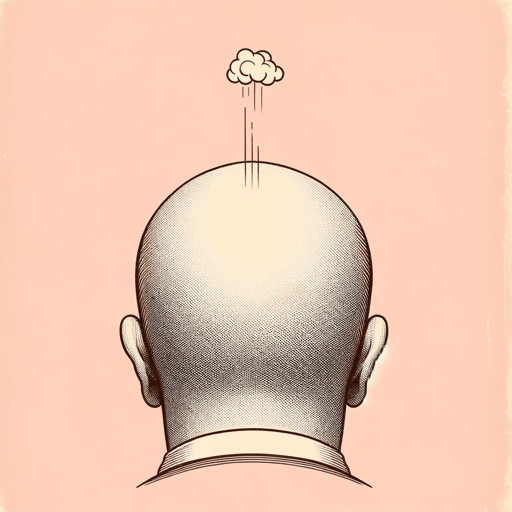
The Death of a Government Clerk
Anton Chekhov

The Duel
Anton Chekhov
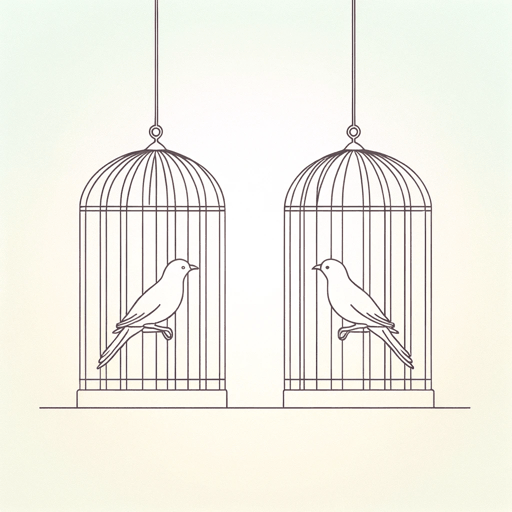
The Lady With The Dog
Anton Chekhov

The Seagull
Anton Chekhov

Three Sisters
Anton Chekhov

Uncle Vanya
Anton Chekhov

Vanka
Anton Chekhov
